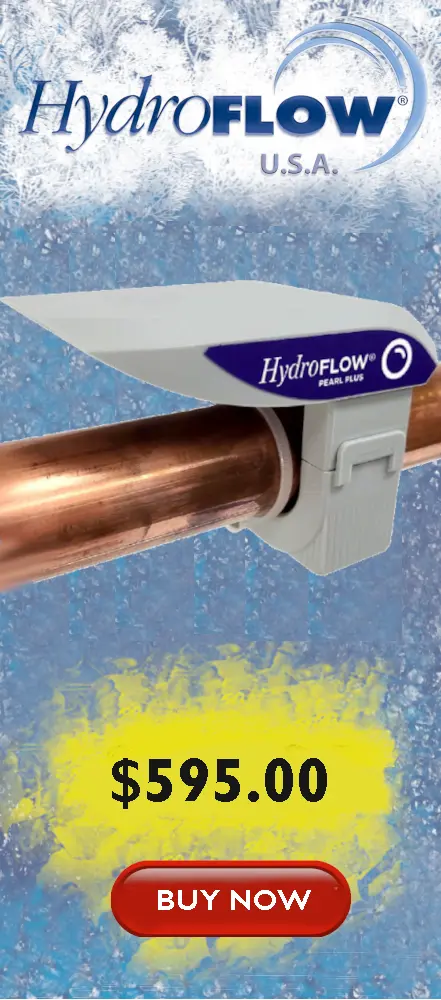Tennessee
Water Quality in the State of Tennessee
Tennessee is a non-coastal state in the south and home to the Great Smoky Mountains National Park. Nashville, the state capital, is also the heart of the country-music scene in the USA. Tennessee was also home for Elvis Presley, The King of rock n' roll, in Graceland. Tennessee water supply comes from surface water and groundwater. About 10 percent of the population in Tennessee uses a private water supply as their source of drinking and household water, most of this water comes from wells and springs.
Tennessee Water Hardness by City
Tennessee water is considered soft to moderately hard. The average water hardness for the Tennesse resident is around 99 PPM. Nashville, the state capital, has a water hardness level of 79 PPM and Memphis has 55 PPM, which according to USGS water hardness measures is considered soft water.
For more information on the water hardness in specific cities, please see the table below.
PPM = Parts Per Million
mg/L = Milligrams Per Liter
gpg = Grains Per Gallon
Manufacturing and Hard Water
Tennessee's main manufacturing sectors are motor vehicles and parts, food beverage and tobacco products, primary metals, chemical products and machinery. Motor manufacturing is the largest contributing industry for Tennessee’s economy and is the home for more than 917 auto suppliers and car manufacturers such as GM, Volkswagen and Nissan. In 2018, 4.6% of all cars made in the USA were manufactured in Tennessee.
Product processing in most manufacturing plants requires water. Cooling towers and HVAC are imperative to keeping operations running smoothly. Water hardness levels can be as high as 500 PPM; with water hardness levels this high, manufacturing equipment can deteriorate at a rapid pace and experience efficiency loss.
Solutions to your Water Quality Problems
Fixing your water quality issues in the state of Tennessee will depend on your specific water source. It is best to test your potable water supply in order to get a better understanding of your water quality. Testing is relatively cheap. The test results will allow you to understand if your potable water has issues that need to be addressed. Common solutions to water contamination problems may include a water filtration system, a reverse osmosis system or other whole home water treatment solutions.
A problem that Tennessee residents or companies will have to deal with is hard water. One old-fashioned, inefficient, expensive and unhealthy method to treat hard water is with a salt-based water softener. Most people don’t realize that if you’re using a water softener you are basically removing calcium and magnesium from your drinking water and adding salt to your diet. In addition, many states are banning the use of salt-based water softeners.
Alternative water treatment solutions such as “water conditioners” have been gaining popularity in recent years because they are cheap to operate and the best eco-friendly solution for hard water. Hydropath technology, which powers the HydroFLOW water conditioners is by far the most efficient and cost-effective eco-friendly solution to deal with hard water problems. To learn more about how HydroFLOW solves the problems created by hard water, please check out our technology page. You might want to read this blog that explains the difference between water conditioners and water softeners: Water Conditioner vs. Water Softener Blog.


